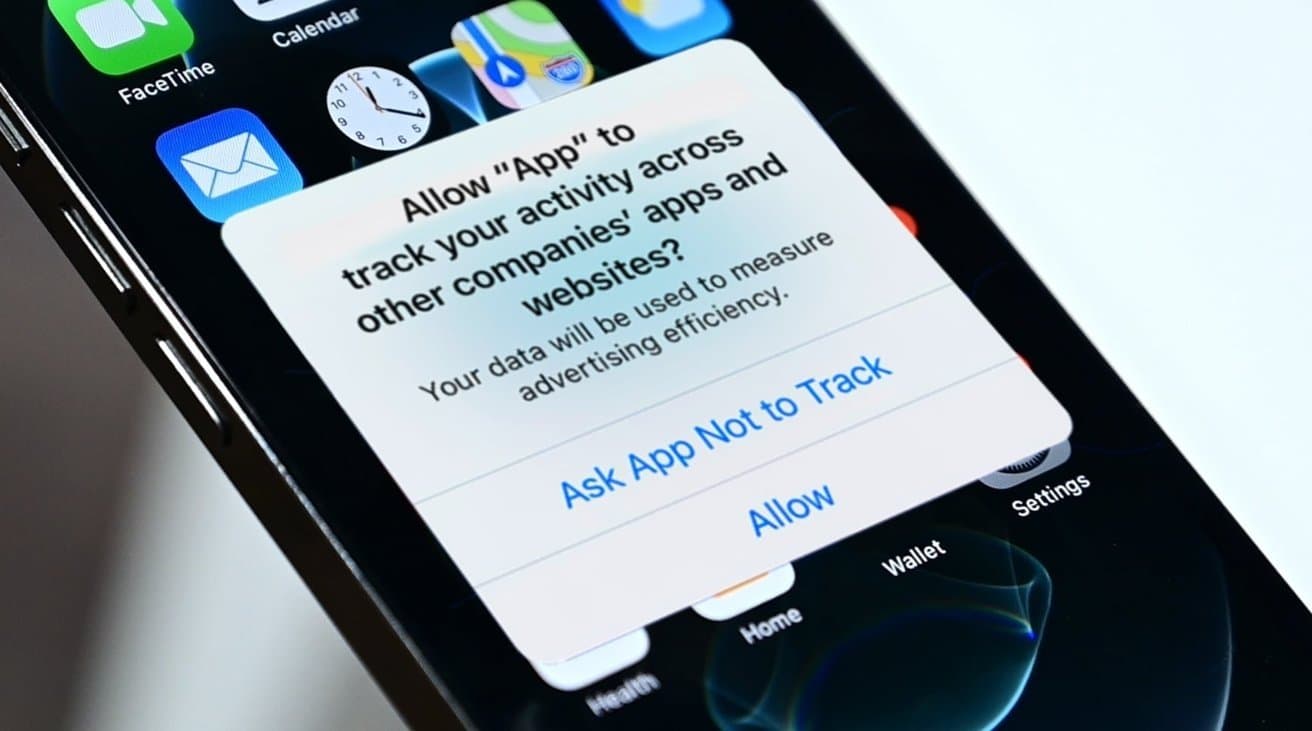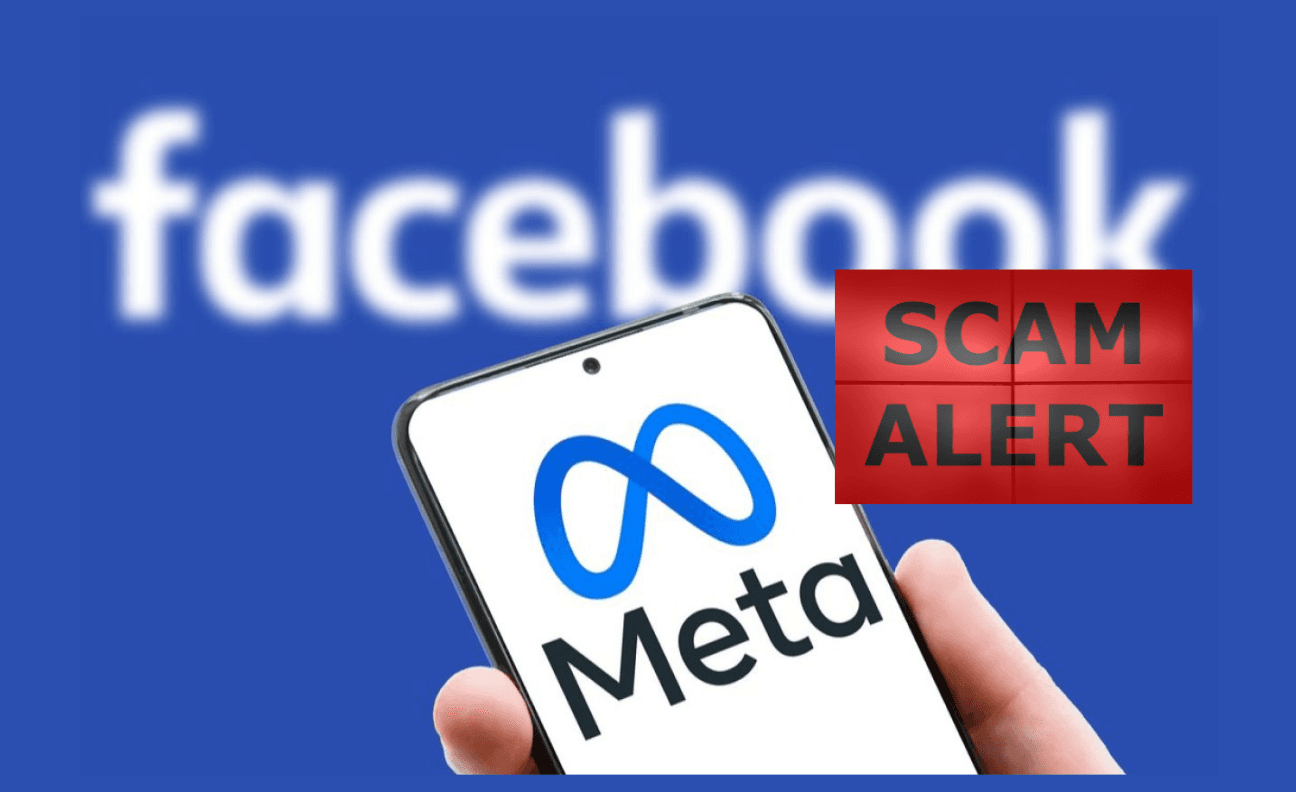Poland Opens Probe into Apple Privacy Rules, App Tracking Transparency
Poland’s competition authority, UOKiK, announced it has opened an inquiry into whether Apple’s App Tracking Transparency framework and related privacy policies unfairly disadvantage rivals in the mobile advertising market. The move could lead to significant fines and add momentum to a wave of European scrutiny over how privacy features intersect with competition and consumer protection.

Poland’s competition regulator announced today that it has launched an investigation into Apple’s App Tracking Transparency framework and associated privacy policies amid concerns they may have strengthened Apple’s position in the mobile advertising market at the expense of rivals. The Office of Competition and Consumer Protection, known as UOKiK, said it will examine whether the rules that restrict third party apps from collecting user data for personalised advertising unless users opt in have misled consumers about the extent of privacy protections and created an unfair competitive advantage for Apple Advertising.
App Tracking Transparency, introduced by Apple several years ago, requires app developers to request permission from users before tracking their activity across apps and websites for ad targeting. Regulators now question whether that mechanism, while framed as a privacy safeguard, has the practical effect of limiting the ability of independent ad tech companies to build effective advertising profiles, while allowing Apple greater access to first party signals and data within its own ecosystem.
UOKiK said the practice could amount to an abuse of a dominant market position under Polish competition law. The inquiry follows similar probes opened by authorities in Germany, Italy and Romania, and comes after a French regulator imposed a €150 million fine earlier this year for related conduct. Under Polish rules, penalties can reach up to 10 percent of a company’s annual turnover, raising the prospect of substantial financial consequences if UOKiK finds misconduct.
Apple responded to the announcement by defending App Tracking Transparency as a tool intended to give users control over tracking and said it will cooperate with the regulator. The company has repeatedly argued that the feature is designed to protect user privacy, but its critics and a growing number of European enforcers say privacy measures cannot be evaluated in isolation from their competitive impact.
The case highlights a broader regulatory tension at the intersection of privacy and competition policy. Regulators face the technical and legal challenge of determining whether a privacy measure that applies uniformly to third party developers nonetheless confers a structural advantage on a platform owner that controls the operating system and default applications. Investigators will likely review internal documents, developer experiences, app data flows and market share figures to assess whether Apple’s rules distort competition.
For app developers and advertisers the inquiry raises immediate uncertainty. If UOKiK concludes that Apple has abused its position, remedies could range from fines to requirements that force changes in how tracking permissions are presented or how data is shared within the iOS ecosystem. Such outcomes would reverberate across an advertising industry that increasingly balances user privacy expectations with the revenue models of free apps and services.
The Polish probe adds to mounting global scrutiny of big tech firms where regulators are increasingly attentive to how product design choices shape competition. The investigation is open ended and could feed into broader enforcement work at the European level, signaling that regulators will continue to probe the competitive consequences of privacy innovations in digital markets.


